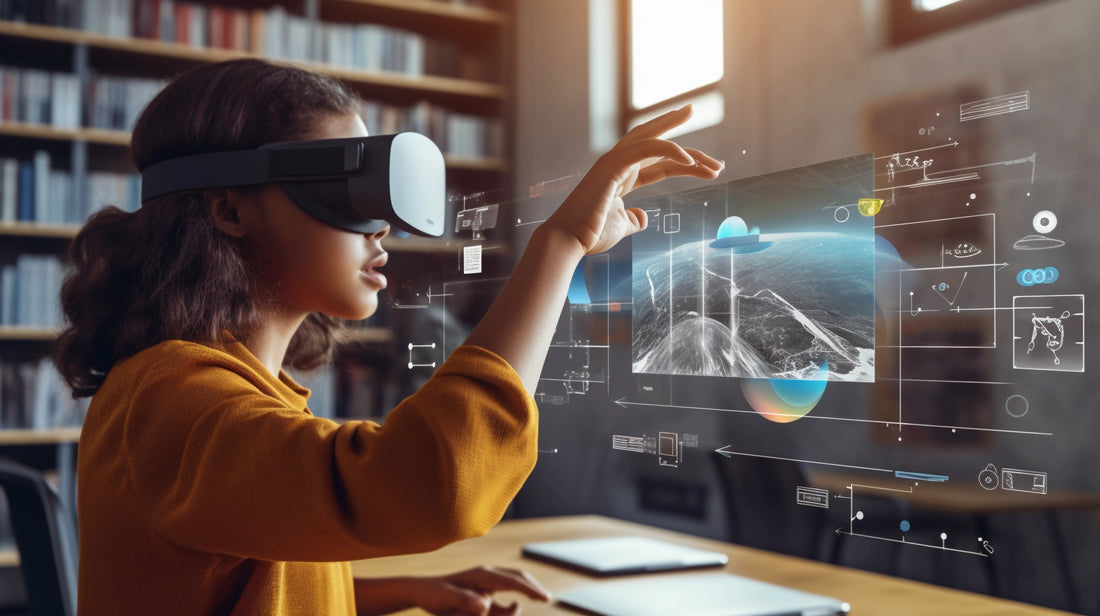
The Digital Classroom: The Impact of AI on Personalized Learning
Share
The education landscape is undergoing a profound transformation, driven by the rapid integration of artificial intelligence (AI) into the learning process. AI has unlocked new possibilities for personalized education, tailoring learning experiences to individual needs, abilities, and preferences. This shift is reshaping the digital classroom and redefining how students engage with knowledge.
Understanding Personalized Learning
Personalized learning refers to educational approaches that are customized to suit the unique learning styles, paces, and goals of each student. Traditionally, personalizing education required significant time and resources, limiting its implementation. However, AI has revolutionized this concept, making it more accessible and scalable across diverse educational settings.
AI in Action: Transforming the Learning Experience
AI is impacting personalized learning in various ways, enhancing student engagement and improving outcomes:
1. Adaptive Learning Platforms
AI-powered adaptive learning platforms analyze a student’s performance and adjust content delivery accordingly. These systems identify areas of strength and weakness, providing targeted resources to address learning gaps. Platforms like these enable students to progress at their own pace, ensuring mastery before moving to more complex concepts.
2. Intelligent Tutoring Systems
Intelligent tutoring systems (ITS) simulate one-on-one instruction, offering personalized feedback and guidance. These systems use AI algorithms to evaluate student inputs and provide real-time assistance, fostering a deeper understanding of the material.
3. AI-Powered Assessment Tools
AI tools streamline assessments by providing instant grading and feedback. Beyond traditional tests, AI can evaluate essays and projects using natural language processing (NLP) algorithms. These tools help educators track student progress and refine teaching strategies.
4. Content Recommendation Systems
Just as streaming platforms recommend movies, AI-based systems suggest educational resources tailored to a student's learning path. These systems curate videos, articles, exercises, and interactive modules to enrich the learning experience.
Benefits of AI in Personalized Learning
AI-driven personalized learning offers numerous advantages:
- Improved Engagement: Tailored content keeps students motivated and engaged.
- Enhanced Retention: Custom pacing allows students to grasp concepts more effectively.
- Scalability: AI enables personalized education for large groups of students, breaking traditional limitations.
- Support for Diverse Learners: AI accommodates various learning styles and needs, including those of students with disabilities.
Challenges and Ethical Considerations
While AI has immense potential, its integration into education is not without challenges:
- Data Privacy: AI relies on collecting and analyzing student data, raising concerns about privacy and security.
- Bias in Algorithms: If not designed carefully, AI systems may perpetuate biases, disadvantaging certain student groups.
- Digital Divide: Access to AI-powered tools varies, potentially widening educational inequalities.
